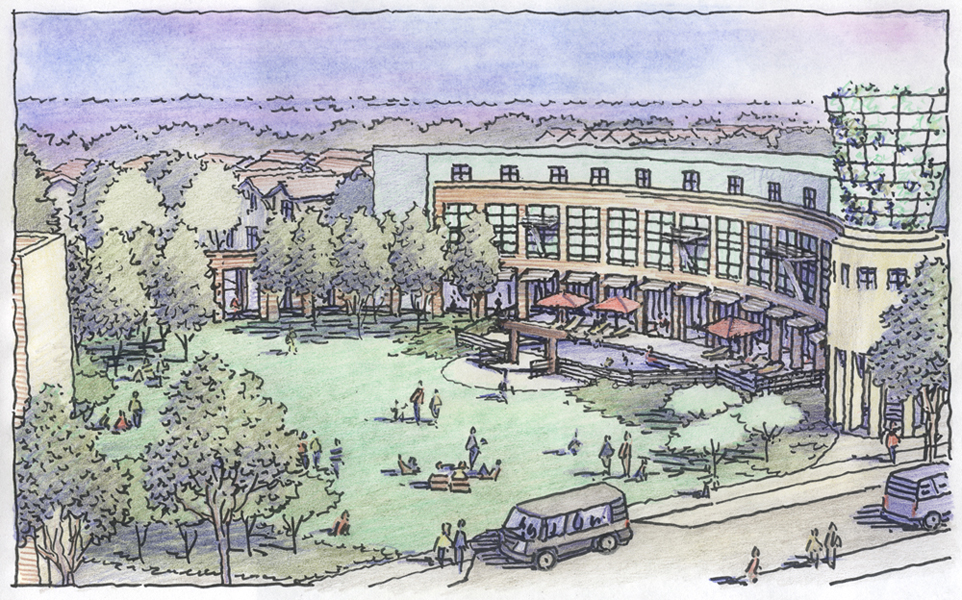
After years of building projects and years of advocacy for better planning for our regional community, I wonder whether the classic notion of “urban planning” is a workable format for American metropolises and towns.
Maybe there is a fundamental disconnect between our libertarian entrepreneurial culture and the notion of central planning; a disconnect between the nature of specific approach to managing the cooperation necessary for complex civilization and the essential American psyche.
There has been a constant centripetal force since the ascension of the automobile as the primary mode of transport that has played into the hands of land speculation entrepreneurs with good political connections.
Certainly the results of most American metropolises do not suggest efficacy for our current approach to “planning” and growing our communities.
I am looking at our culture for other models regulating our interface with each other and with our environment:
- Point source air and water quality regulations… factories, power plants, sewage outflows
- Fuel economy and tail pipe emissions standards
- Energy efficiency regulations for buildings
- Funding programs for mentally ill or physically disabled people…sharing resources with the less fortunate
Some may quibble about the actual successfulness of these government programs, but I would argue that their effectiveness is substantially greater than the general plans, and zoning codes that have been the stalwarts of our community planning process.
What these mechanisms seem to have in common is a focus on the direct regulation of the actual “event” rather than a focus on planning for the event; admittedly each do require some amount of coordination and planning.
I am curious about this more now because of an increasing role in the dialogue around these issues in California. I believe a radical new paradigm (hate that word, Michael Petersen) is needed to affect the allocation of growth resources in American communities; one that fits the culture better and thus is supportable by those involved in building our communities.
I will be writing much more on this and hope to get feedback to enhance the thinking.
– David

